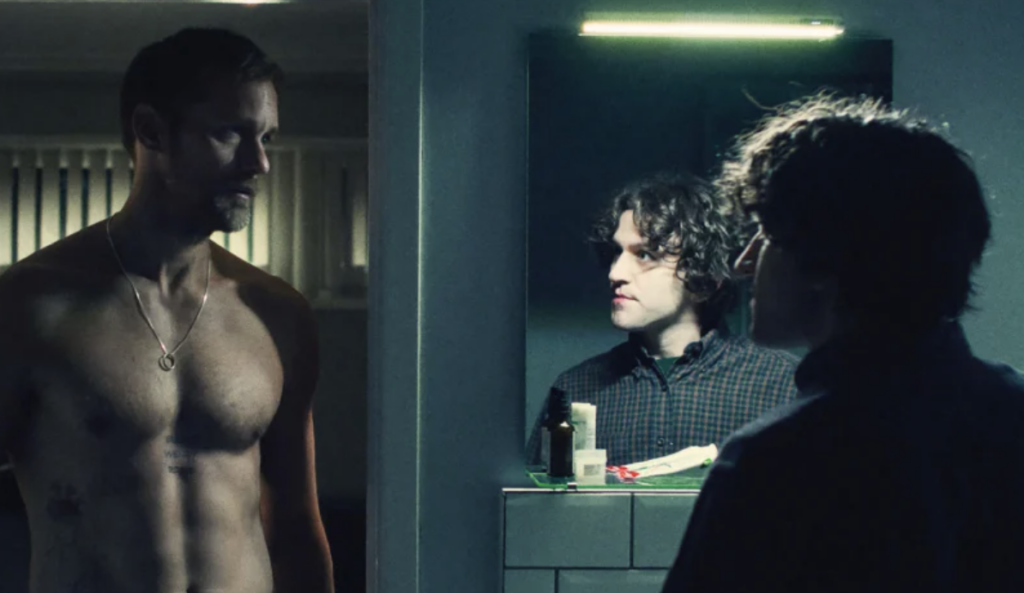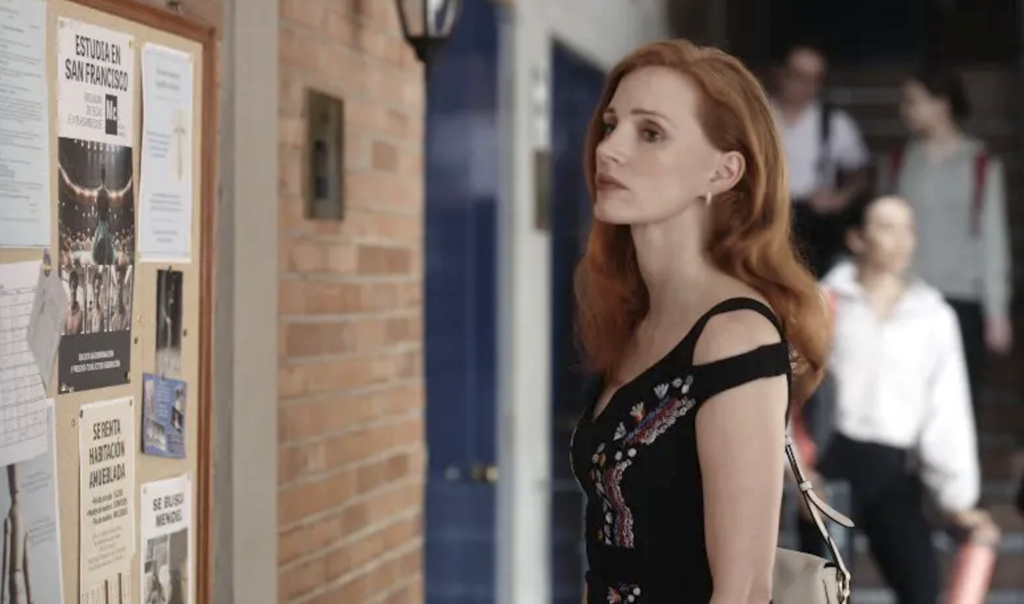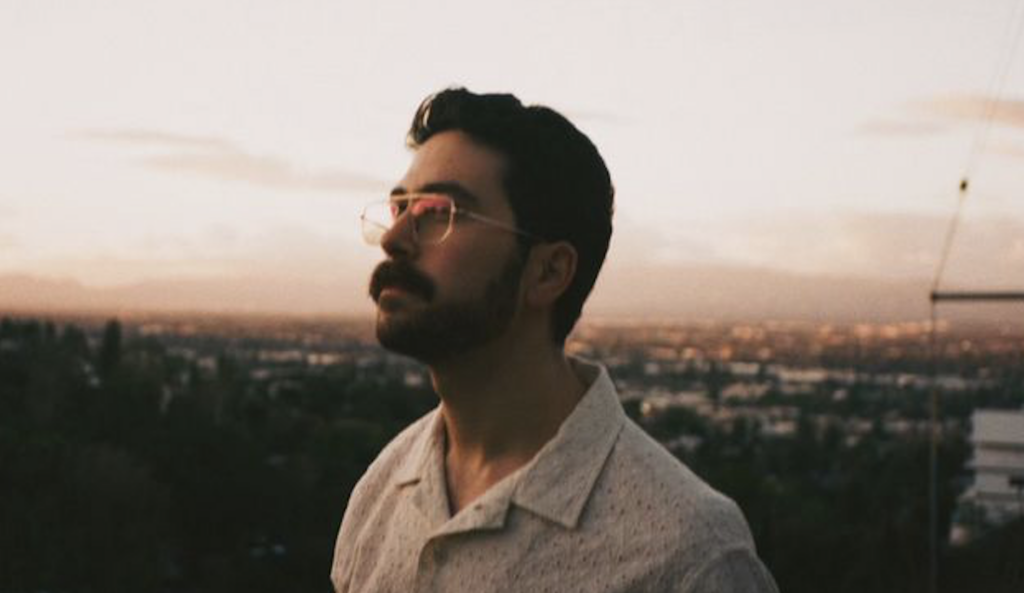Micah Stathis brings Sisters Karras home to KC Film Fest International

Clare Louise Frost and Lauren Garcia Kahn star in Micah Stathis’ film Sisters Karras. // Courtesy Micah Stathis
The 27th KC Film Fest International is coming March 26-29. Over 120 films from all over the world will be screened during the festival. For many of the filmmakers this will be their first visit to Kansas City, but for Micah Stathis this will be a family reunion, homecoming, and film festival rolled into one.
Stathis was born in Kansas City but spent his formative years in Greece. Many of his family are from Kansas City and ecstatic to see his narrative feature Sisters Karras on a large film festival screen.
Stathis currently lives in New York and has a production company with his partner Clare Louise Frost, who is also starring in the film. They have participated in film festivals before but have never seen success for a film like they are experiencing with Sisters Karras.
The film follows estranged sisters half-sisters, Helen and Maria, who meet and form a complicated bond to retrieve the inheritance left by their father, a rare Ionian toulitiko rug. However, half of the inheritance was also left to their father’s friend Marco, a mysterious and frustratingly elusive art dealer. The polar-opposite half-sisters decide to team up to search for Marco, find the rug, and secure their futures.
The film will be shown at KCFFI March 29 at 7:10 p.m. in the AMC Ward Parkway 14. The film’s run time is 83 minutes, and individual tickets for this film are on sale now for $10.
Catch up with Stathis as he discusses how his questioning the true meaning of family inspired the film and what he hopes the next steps are when it leaves the festival circuit.
The Pitch: Are you excited to come back to Kansas City and bring your film to KCFFI?
Micah Stathis: I’m not gonna lie. Kansas City was one of the first film festivals identified as a target for the film. We’re entering the home stretch of our festival run, but after we went to the first few and, you know, it’s kind of expensive, Kansas City was the one we identified that if we got in, we’re definitely going there. I have a lot of family there, and you never know if you’re going to be accepted. I had a lot of eggs in that basket, as it were.
How many festivals have you taken the film to, and what feedback have you received?
I think this will be the twenty-fourth, and It’s been good. I think I’m harsher on the film and myself than anyone else is. It’s been overwhelmingly well accepted and reviewed. My focus always was to tell a story, and I think that’s kind of like a welcome approach that many people seem to be responding to.
Why do you think people are responding well to your storytelling?
I can’t speak to larger societal concerns or anything, nor do I really want to. But I was a kid in the 1980s and 90s, so the specter of New Hollywood in the 1970s, which is still considered Hollywood’s greatest period, was the thing that kind of lingered over me. The stories were complex and functioned in and of themselves simply as an idea of exploring someone’s journey, discovery and sometimes descent into a not-so-great kind of moral territory, but still a story. I feel like we’ve entered a time where movies seem to be much more interested in telling you what to think and being less interested in just allowing the story to be about real people doing real things. So, I was interested in telling a story that reminded me of the kind of movies that I grew up with, and the kind of movies that I enjoy watching where I don’t feel like I’m being told what to think.
How did the idea come to you?
It’s impossible to identify the moment when it happened, but dramatically the idea of questioning the importance of family that’s a scene and topic that is very close to my heart. I’ve always struggled, especially because I’m Greek American and I grew up predominantly in Greece, but the family I identified with most is my American family in Missouri.
This idea of the importance of family, we hear it all the time. We’re inundated with it in advertising, stories, books, music and everything, and it was something I didn’t quite understand because I wasn’t surrounded with family.
If we’re gonna be honest, the people that hurt us the most are the people who are closest to us who are also our family, and we’re not ever really able to question whether or not we’re right to place “family” on such a high pedestal. I like to try to poke holes in that.
That theme is always hovering in the back of my mind, and when COVID-19 hit, I realized I was suddenly blessed, or cursed, with a lot of extra time. I told myself if I don’t use this time productively to finally at least try to come up with some idea of a feature that’s feasible to make in these circumstances, then I’m kind of fooling myself, and I’ll probably never do it. I put together a whole bunch of ideas, and out of the hundreds of ideas that I came up with, the one that kind of kept appealing to me the most was this one about two sisters—both of whom have a father figure who was largely absent. I hit the ground running and over the next three or four months, I wrote several drafts of the script.
Where did you film?
Predominantly in Brooklyn and in one location in Manhattan. It was mainly in locations that we had access to, meaning we wouldn’t have to pay for them. I have enough experience with short films to know that part of the success of your film is dependent on the believability of the locations. There’s no sense writing a film about, for example, the Iraq War if you’re not going to be able to go there or have a plausible replacement.
You and Clare Louise Frost have a production company called SK Deli Market. What are some other projects that you are working on?
Unfortunately, we didn’t have the budget to do more features immediately, but we’ve produced two more shorts in the aftermath of the Sisters Karras feature.
What’s next for the film?
We are finalizing a distribution deal. If everything goes to plan, the film should be streaming on whatever service they identify by August. Hopefully a wider audience will result in more people discovering the film and liking the film. In the film business, the currency from your last project gets the next one made. So hopefully it’s on to the next one, and then another after that.





